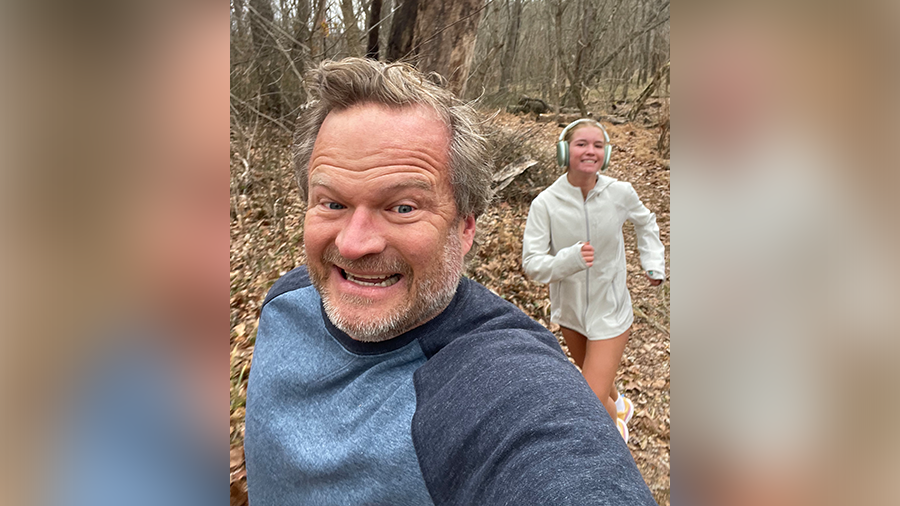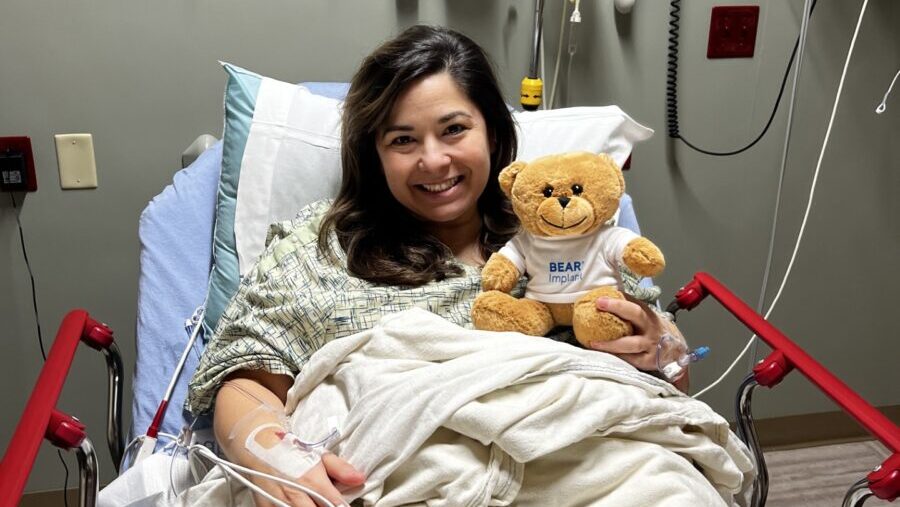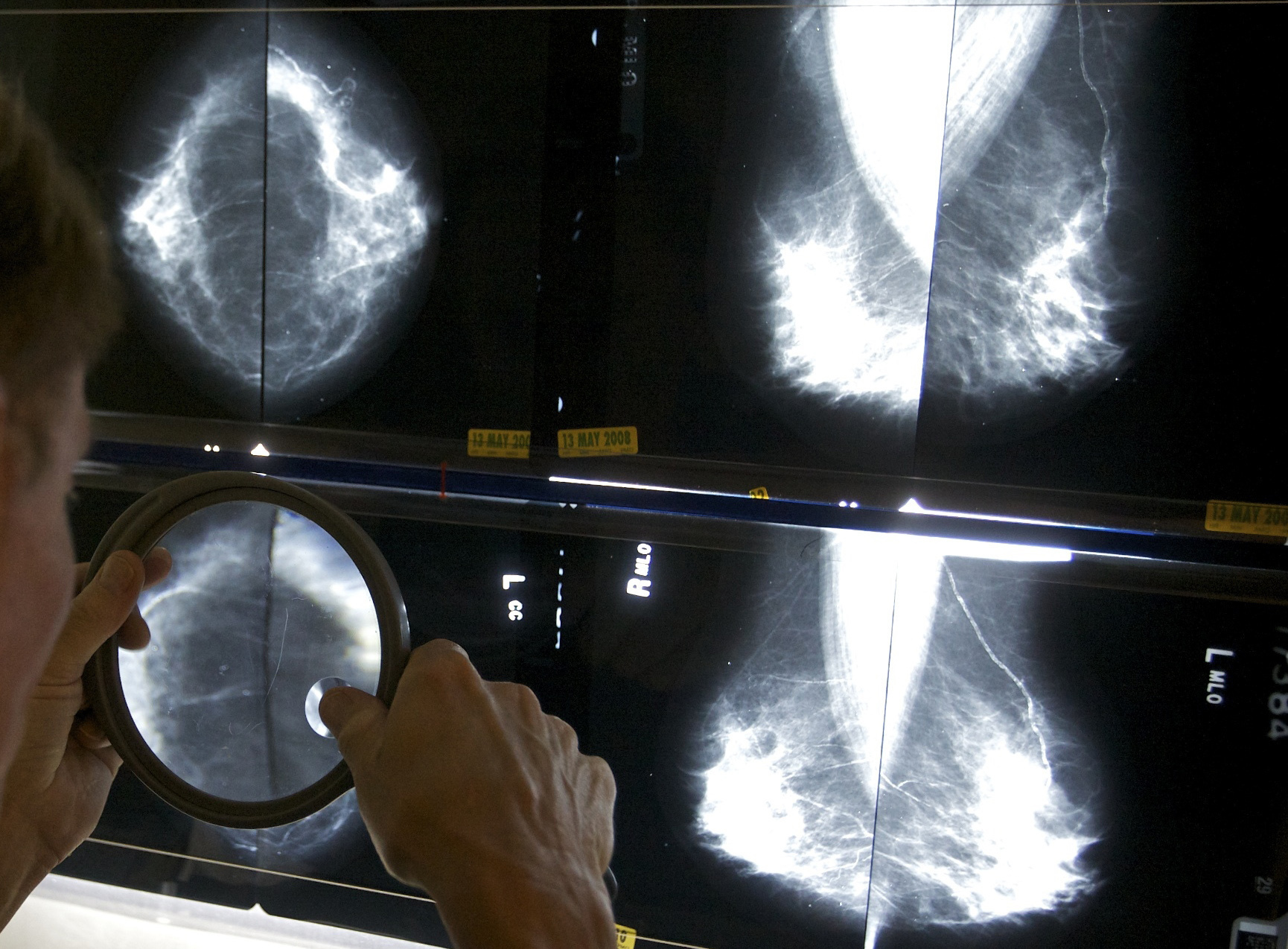Abortion-rights Groups Challenge Restrictions On Providers
May 16, 2019, 1:15 PM | Updated: Jun 8, 2022, 5:07 pm

FILE: An anti-abortion advocate rallies outside of the Supreme Court during the March for Life, January 27, 2017 in Washington, DC. (Photo by Drew Angerer/Getty Images)
(Photo by Drew Angerer/Getty Images)
RICHMOND, Va. (AP) — As abortion opponents cheer the passage of fetal heartbeat laws and other bans on the procedure, abortion-rights groups have been waging a quieter battle in courthouses around the country to overturn less direct restrictions passed in recent years.
At least a dozen lawsuits have been filed over the last two years challenging what abortion-rights groups call TRAP laws, Targeted Restrictions on Abortion Providers.
Anti-abortion groups say the laws are needed to protect women’s health. Abortion-rights groups say the laws are medically unnecessary regulations designed to drive abortion clinics out of business and make it more difficult for women to end pregnancies.
The first lawsuit to make it to trial is set to begin Monday in U.S. District Court in Richmond.
Women’s health groups suing Virginia in the case won a brief victory this month when the presiding judge struck down a law that said only physicians can perform first-trimester abortions. A week later, the judge rescinded his ruling and said he needed more evidence before deciding if the law places an “undue burden” on women seeking abortions.
“We are excited to put this case before the judge,” said Jenny Ma, a senior staff attorney at the Center for Reproductive Rights, a legal advocacy organization.
TRAP laws “have been instrumental in making it very difficult for our clients to run their facilities, and it makes it very difficult for women to access abortion care, both in Virginia and in other states,” she said.
The center has filed similar lawsuits challenging abortion restrictions in Arizona, Louisiana and Mississippi.
After the Supreme Court’s landmark 1973 decision in Roe v. Wade, many states began imposing restrictions on abortion clinics.
Laws focusing on clinic regulation made a comeback in the 1990s and had another resurgence starting in 2011. About one-third of all abortion restrictions passed since Roe v. Wade have been enacted since January 2011, according to the Guttmacher Institute, a research group that supports abortion rights.
On Wednesday, Alabama’s Republican governor signed the nation’s strictest abortion ban into law, making performing an abortion a felony in nearly all cases, punishable by up to life in prison, and with no exceptions for rape and incest.
Hours later, Missouri’s Republican-led Senate passed a wide-ranging bill to ban abortions at eight weeks of pregnancy. The bill needs another vote of approval in the GOP-led House before it can go to Republican Gov. Mike Parson, who voiced support for an earlier version.
It includes exceptions for medical emergencies, but not for pregnancies caused by rape or incest. Doctors would face five to 15 years in prison for violating the eight-week cutoff. Women who receive abortions would not be prosecuted.
Four states — Mississippi, Georgia, Ohio and Kentucky — have approved bans on abortion once a fetal heartbeat is detected, which can occur in about the sixth week of pregnancy, before many women realize they are pregnant.
The recent wave of court cases challenging abortion laws has been fueled largely by a 2016 Supreme Court ruling that struck down a Texas law requiring doctors who perform abortions to have admitting privileges at nearby hospitals. It forced clinics to meet the same standards as ambulatory surgical centers.
The high court held that abortion laws must be based on medical evidence and states cannot adopt restrictions that create an undue burden for women seeking abortions.
Many of the recent lawsuits target physician-only laws, which are on the books in 34 states. The laws prohibit advanced practice clinicians, including nurse practitioners and physician’s assistants, from performing first-trimester abortions.
Planned Parenthood is challenging physician-only laws in Virginia, Maine, Wisconsin, Idaho and Arizona.
Other laws being challenged include: a Virginia law that requires women to undergo an ultrasound at least 24 hours before an abortion is performed; a Mississippi law that requires a woman to make two separate trips to a clinic before she can obtain an abortion; a telemedicine ban in Arizona that makes it more difficult for women in remote areas to obtain medication abortions; and a requirement in Louisiana that women seeking abortions undergo a compulsory vaginal exam, regardless of her doctor’s recommendation.
Anti-abortion groups say the restrictions are necessary to protect women’s health and that eliminating them would make abortions more dangerous.
“It isn’t a question of ‘targeted.’ It’s a question of the courts exempting abortion providers for 30 to 40 years. The same regulations that apply to other ambulatory surgical centers should apply to abortion providers to protect women’s health and to establish a high standard of care,” said Clarke Forsythe, senior counsel for Americans United for Life.
“They insist on exemptions for themselves that make no sense in medicine,” he said.
The states that have adopted stringent abortion laws hope that conservative justices who have joined the U.S. Supreme Court will uphold the laws and overturn the landmark 1973 Roe V. Wade decision legalizing abortion.
Abortion-rights groups say that despite the focus on fighting the new hard-line laws, they will also keep challenging restrictions on abortion providers.
Fighting the TRAP laws “is a fundamental piece of the strategy to protect abortion rights,” said Elizabeth Nash, a state policy analyst at the Guttmacher Institute.
“At the same time, we will continue the fight against the near-total abortion ban. In a way, that means the resources will be stretched a bit, but we will fully protect abortion rights, and that means continuing all of these challenges.”













